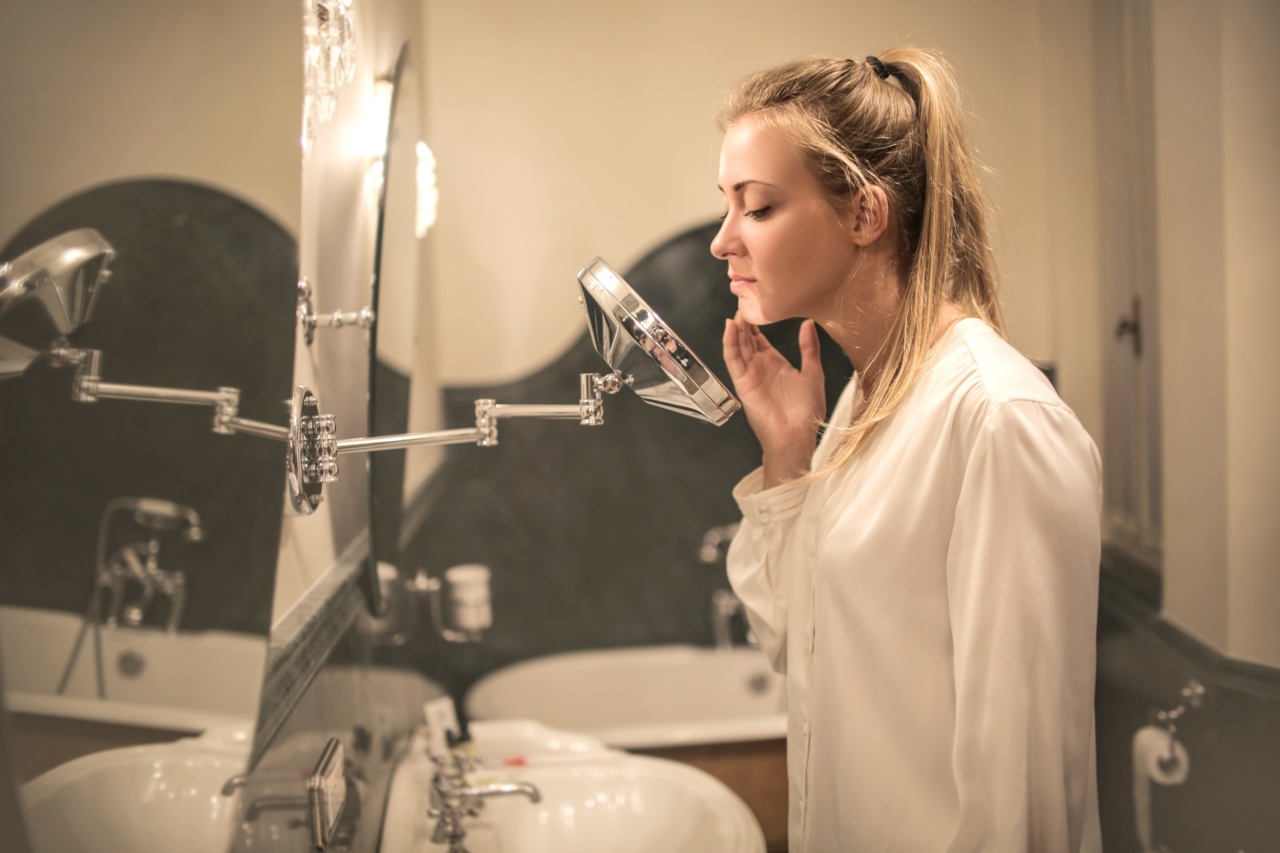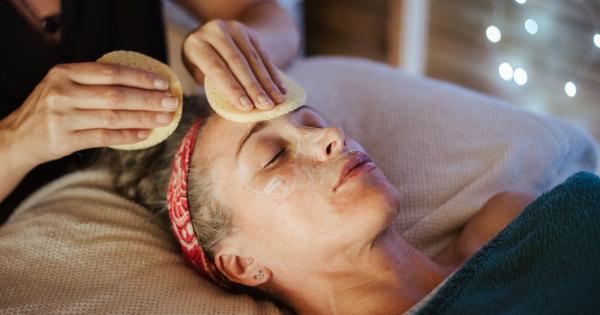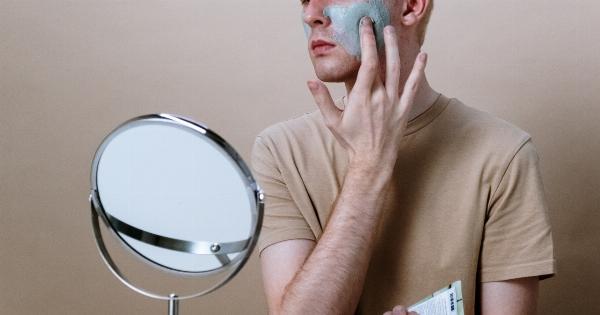Acne is a common skin condition that affects millions of people worldwide, both young and old. It is characterized by the formation of pimples, blackheads, and whiteheads on the face, neck, chest, back, and shoulders.
While acne is not a life-threatening condition, it can cause significant emotional distress and lower self-esteem, especially among teenagers.
The conventional treatment for acne includes topical creams, oral antibiotics, and chemical peels. While these treatments can be effective, they often come with side effects such as dryness, redness, and irritation.
Moreover, they can be expensive and require long-term use. If you’re looking for a safer, more natural way to clear your skin, here are some tips to get you started:.
1. Watch Your Diet
Your diet can play a significant role in the development of acne. Foods that are high in sugar, dairy, and refined carbohydrates can trigger the production of sebum, the oily substance that clogs your pores and leads to acne.
On the other hand, foods that are rich in antioxidants, vitamins, and minerals can help reduce inflammation and promote healthy skin. So, if you’re prone to acne, try to avoid processed foods, sugary drinks, and dairy products and opt for fresh fruits, vegetables, lean protein, and healthy fats instead.
2. Stay Hydrated
Drinking plenty of water can help flush out toxins from your body, which can lower your risk of acne. Moreover, staying hydrated can help keep your skin moisturized and supple, which can prevent dryness and flakiness.
Aim to drink at least eight glasses of water per day, and avoid sugary drinks and alcohol, which can dehydrate your body and worsen acne.
3. Use Natural Skin Care Products
The skin care products you use can have a significant impact on your skin health. Many commercial products contain harsh chemicals such as benzoyl peroxide and salicylic acid, which can irritate and dry out your skin.
Instead, opt for natural skin care products that are free from harsh chemicals and fragrances. Look for products that contain natural ingredients such as tea tree oil, witch hazel, aloe vera, and green tea, which are known for their anti-inflammatory and antibacterial properties.
4. Practice Good Hygiene
Poor hygiene can cause acne by allowing bacteria and dirt to accumulate on your skin. To prevent this, make sure to wash your face twice a day with a gentle cleanser and warm water.
Avoid scrubbing your face too hard, as this can irritate your skin and worsen acne. Also, make sure to remove your makeup before going to bed, and avoid touching your face throughout the day, as this can transfer bacteria from your hands to your skin.
5. Reduce Stress
Stress can trigger the production of hormones such as cortisol, which can increase sebum production and lead to acne.
To reduce your stress levels, try to incorporate relaxation techniques such as yoga, meditation, or deep breathing into your daily routine. Additionally, make sure to get enough sleep, exercise regularly, and avoid caffeine and alcohol, which can worsen stress and anxiety.
6. Consider Herbal Remedies
Herbal remedies have been used for centuries to treat various skin conditions, including acne. Some herbs that are commonly used for acne treatment include chamomile, lavender, calendula, and neem.
These herbs have anti-inflammatory and antibacterial properties that can help reduce acne-related inflammation and prevent bacterial growth. However, it is essential to consult with your healthcare provider before trying any herbal remedies, as some of them can interact with medications or cause allergic reactions.
7. Avoid Sun Exposure
While sunlight can have some benefits for your skin, such as promoting vitamin D production, excessive sun exposure can be harmful. UV radiation can damage your skin and lead to premature aging, hyperpigmentation, and even skin cancer.
Moreover, some acne treatments can increase your skin’s sensitivity to the sun, making it more prone to sun damage. So, if you’re on acne medication or have sensitive skin, make sure to wear sunscreen with an SPF of at least 30 and avoid prolonged sun exposure.
8. Be Patient
Clearing acne naturally takes time and patience. It may take several weeks or even months to see significant improvements in your skin.
Moreover, natural remedies may not work for everyone, and some people with severe acne may require medical intervention. If you’re not seeing any improvements after several weeks of natural treatment, or if your acne is severe, consult with your healthcare provider.
Conclusion
Clearing acne naturally may not be easy, but it is safe and effective. By following the tips outlined in this article, you can improve your skin health, reduce acne-related inflammation, and boost your self-esteem.
Remember, acne is a treatable condition, and with a little patience and persistence, you can achieve clear, healthy skin.































